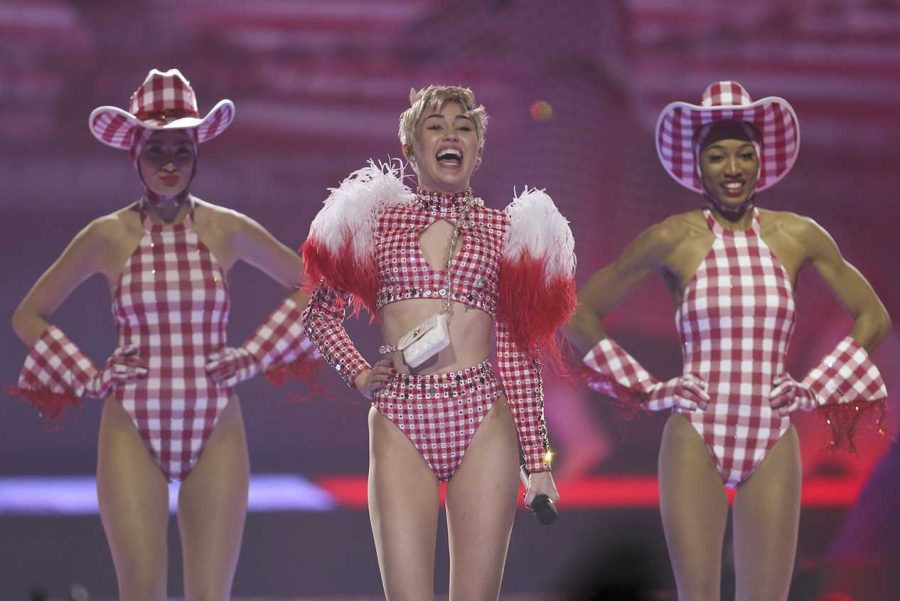You can ask people in the U.S., and they will likely tell you this country has a major problem with over-sexualization in the media. I’d like to start by saying I am not denying this, and I am not stating it does not have negative effects on people.
What I am saying is the fight against sexualization in the media is a double-edged sword, and that just because people embrace their bodies doesn’t mean that they are willingly contributing to the sexualization problem.
We have entered an age in which the American consciousness is becoming more aware of its stereotypes and is working to address the problems that are built into our society.
And while we are doing a decent job of solving these problems, we can also be counterproductive in a sense. Sometimes when we fix the original problem, it creates whole new problems entirely. Case in point: the backlash people receive when they embrace their sexuality.
When people come out with “revealing outfits” or their morals don’t mesh with society’s, they are suddenly deemed bad influences. The biggest example of this was when Miley Cyrus went through her transition from her Disney Channel persona to who she is today.
Cyrus was dragged through the mud as people ridiculed her, saying her behavior was only for attention, or she was a bad role model for kids. The reality is that Cyrus is an adult and should be able to do whatever she wants.
This doesn’t just happen in the mainstream media, either. “Slut shaming” is a problem everywhere, from high-school campuses to office workplaces. Particularly, when women embrace a more openly sexual lifestyle, they are labeled as “ratchet” or “sluts.”
We must realize that these methods of combating sexualization in the media are hurtful, and find new ways to take on the problem — ways that don’t otherwise hurt or shame someone else.
– Wylliam Smith
RELATED: Point/counterpoint: Can body positivity go too far?
Don’t get me wrong, I believe that all people should be able to embrace their sexuality without the fear of being devalued by society; however, I believe it is more important to understand the dichotomy that exists between our media and sexuality as a whole. Throughout our lives, we consume a myriad of media that portray societal norms that govern the ways in which we not only live our lives but interact with one another as well. These portrayals subliminally dictate standards that our society values regarding gender expectations and gender performativity.
In the media, when we see women dressed in an explicit manner, we are sending subliminal messages to young girls that the only thing of value they hold is their sexuality. This goes for young boys as well. More often than not, the media constantly suggest that boys should embody this “hyper-masculine” essence in order to be considered a “true man.” When both young girls and boys fail to live up to these arbitrary standards, they are devalued by society because they are not conforming.
What does this say for us?
All in all, I believe that the ways in which we portray sexuality should be monitored because we are essentially setting the standards for what we value as a society. While having the right to freely express your sexuality is perfectly fine, what is more important is the way that these expressions are being revealed to society as a whole. People fail to realize how much power the media hold within our society that they often forget what standards they are establishing and upholding.
–Constance Judd



